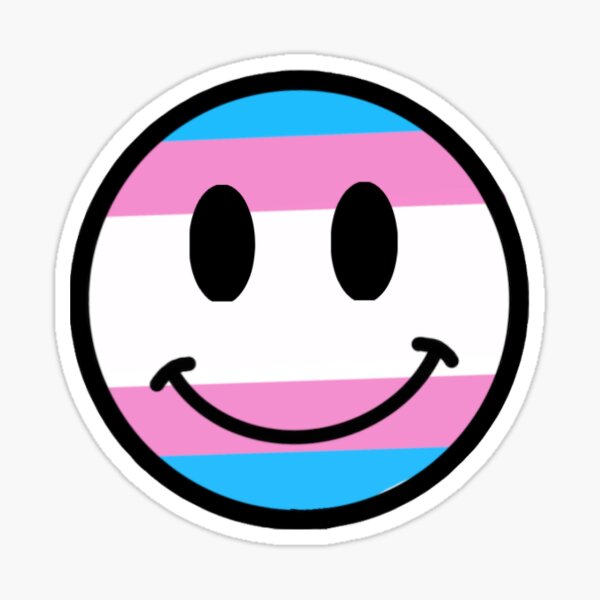

Likewise, i’m feeling kinda icky because my previous opinion towards the term kind of brushed over the trauma queer elders had to endure. Because it originally wasn’t the international term it is now, it was something that gay people abroad probably knew about, but definitely not something your average bigot in a rural central-European village yelled at you when he thought your pants where too fancy to make him feel secure in his fragile masculinity. So i was under the impression that people still alive today just had no direct, hurtful experience with it like with other slurs.


The Black Sun and Wolfsangel have been right on their fucking shit rag of a flag until last year, you fascist turd.
JFC the entire first page of your comments is nothing but nazi apologia, fick dich du kranke Faschosau.